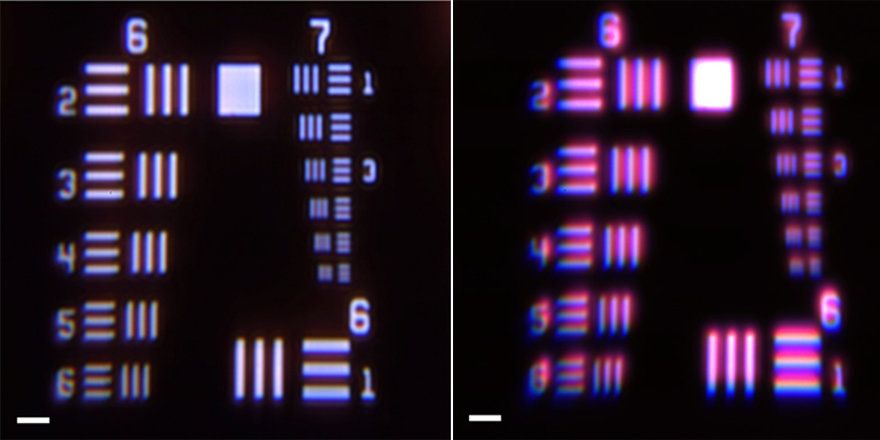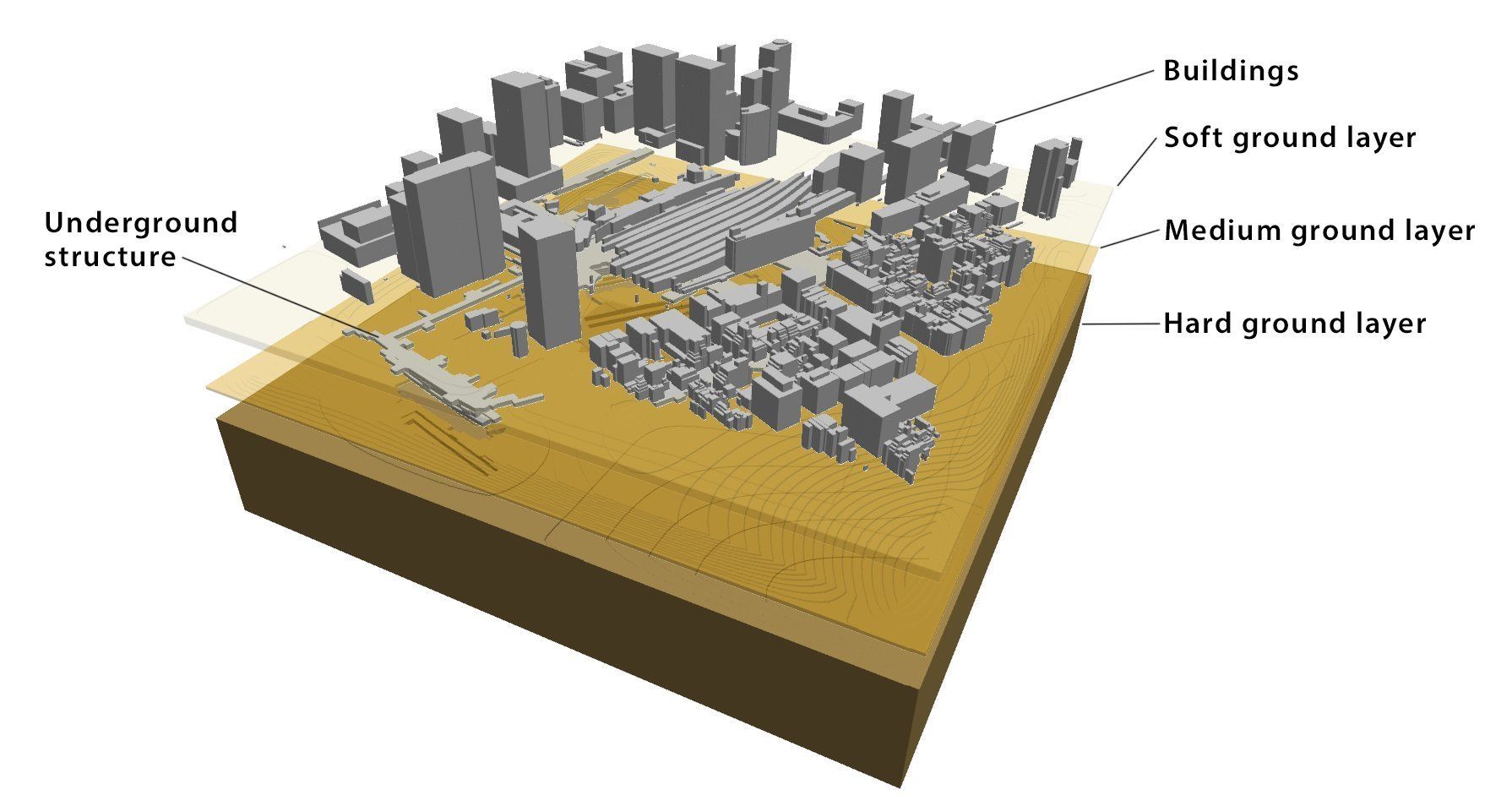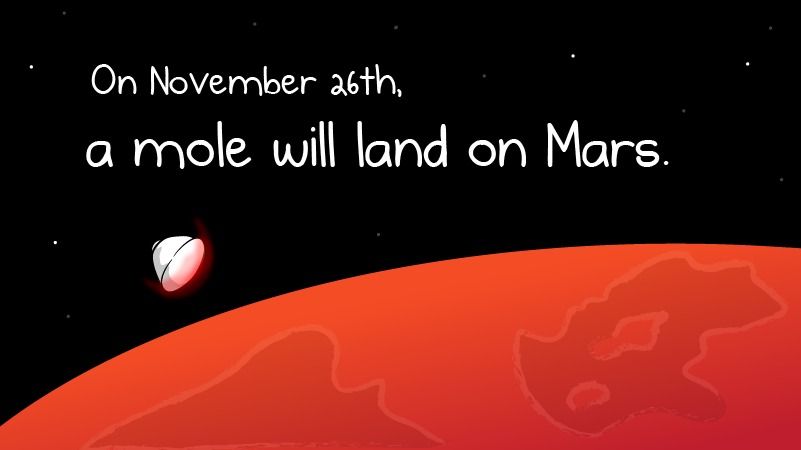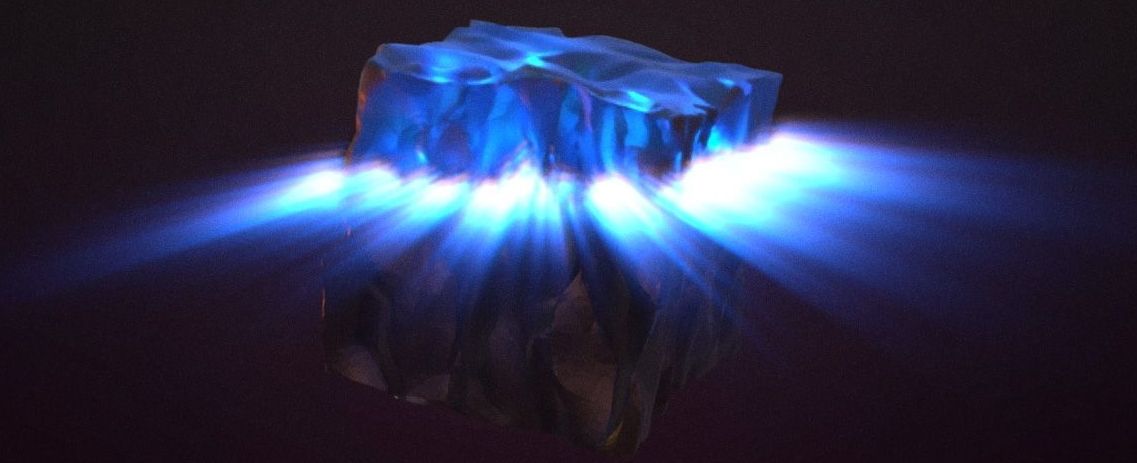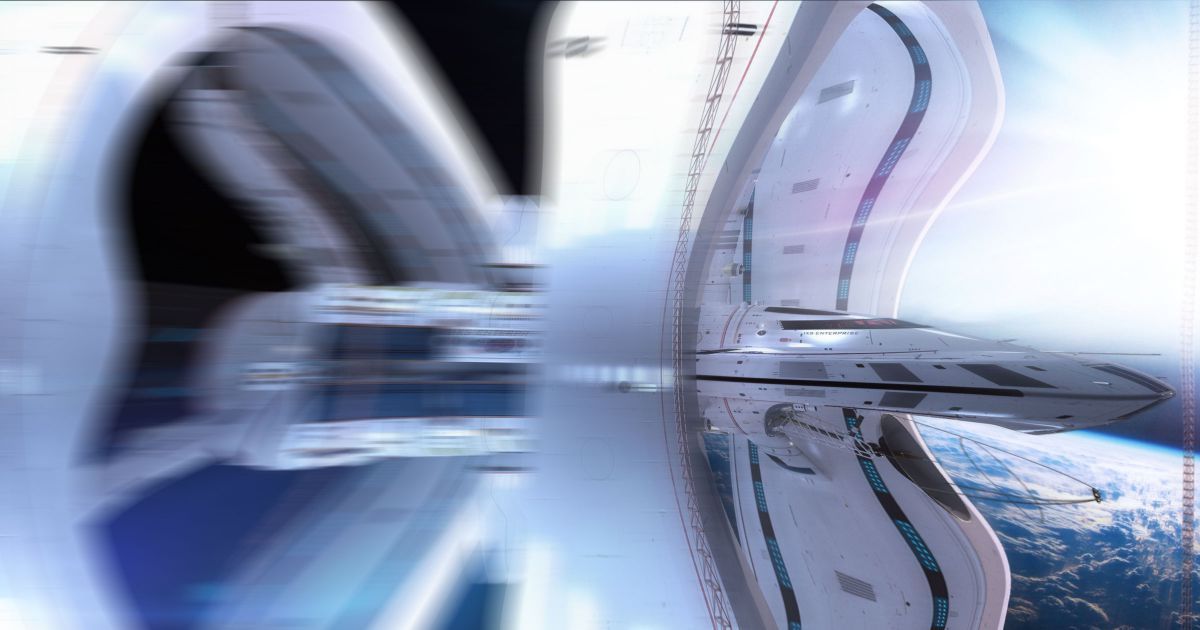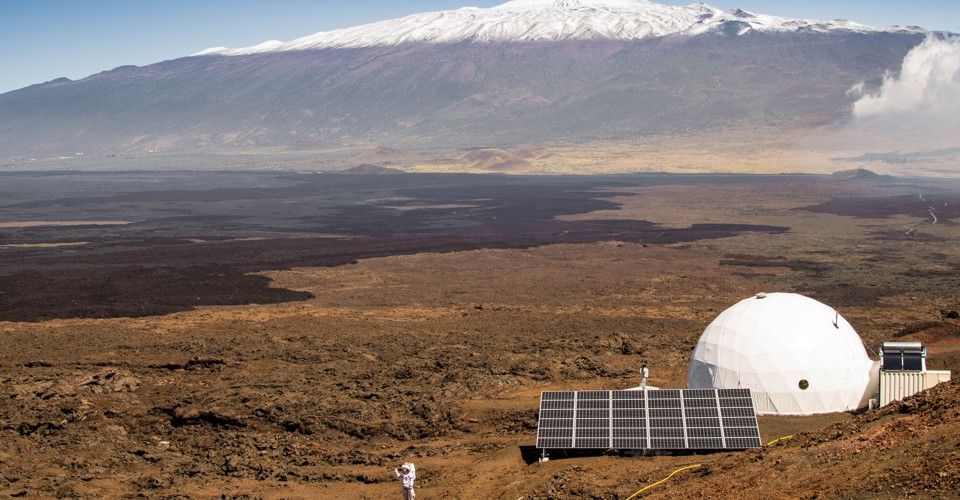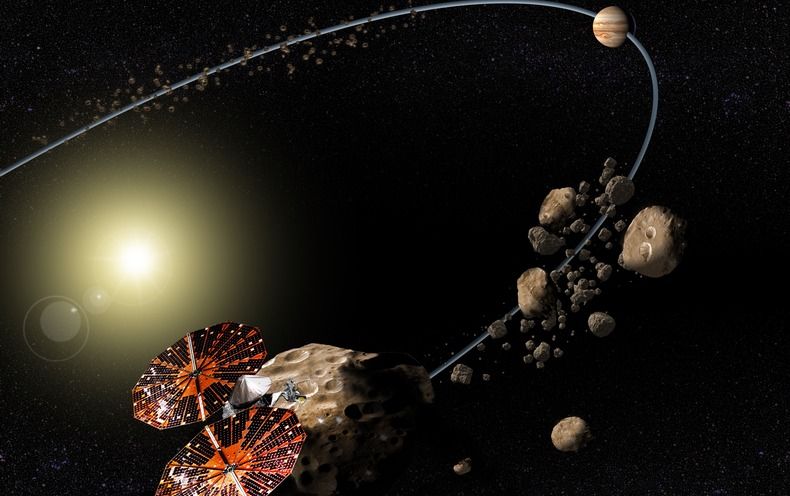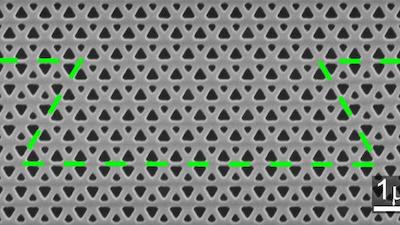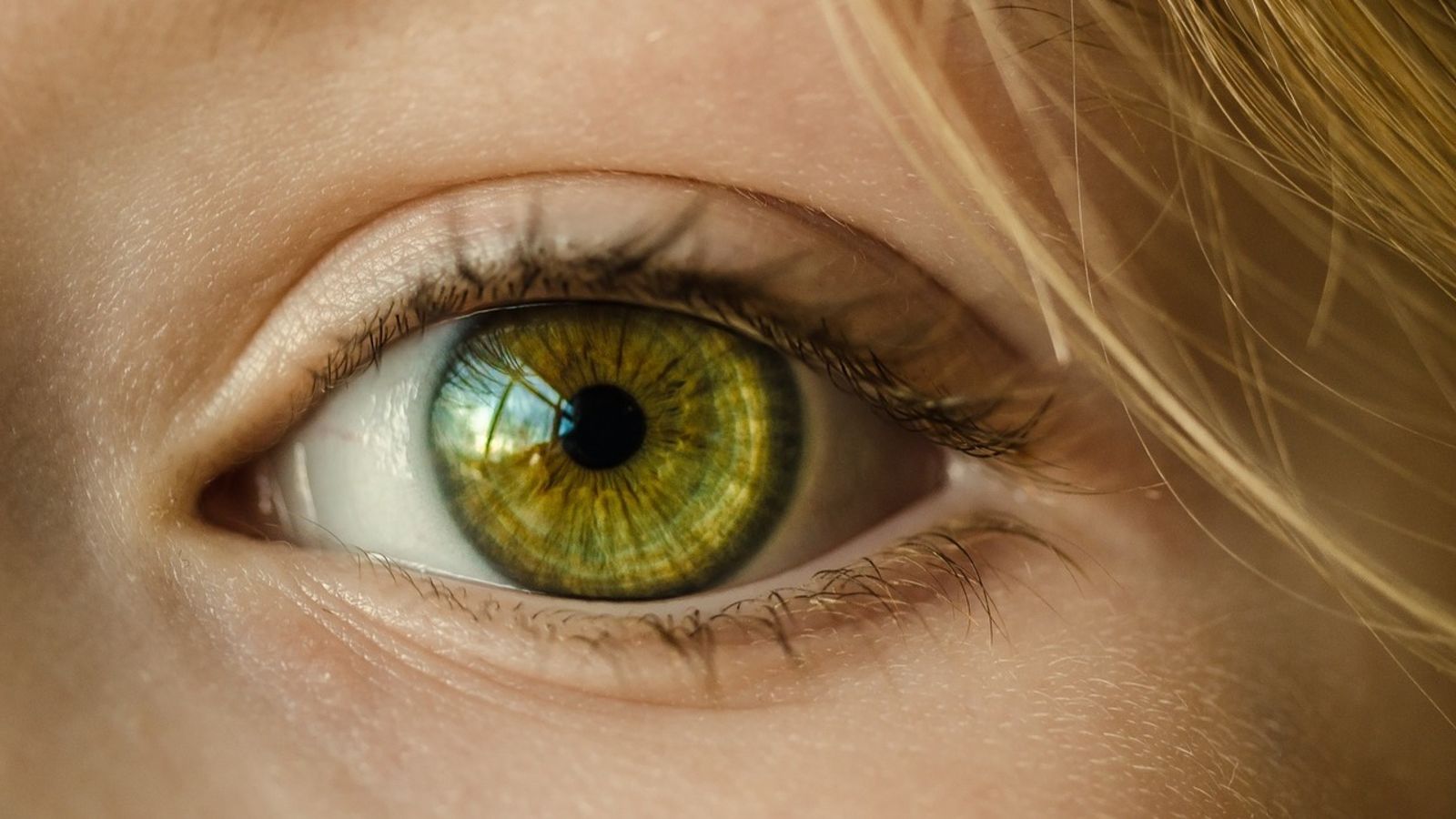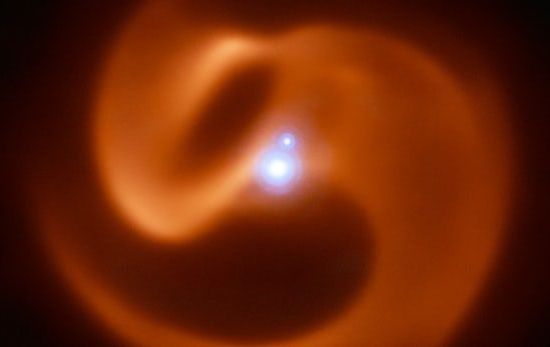Today’s optical systems—from smartphone cameras to cutting-edge microscopes—use technology that hasn’t changed much since the mid-1700s. Compound lenses, invented around 1730, correct the chromatic aberrations that cause lenses to focus different wavelengths of light in different spots. While effective, these multi-material lenses are bulky, expensive, and require precision polishing or molding and very careful optical alignment. Now, a group of researchers at the Harvard John A. Paulson School of Engineering and Applied Sciences (SEAS) is asking: Isn’t it time for an upgrade?
